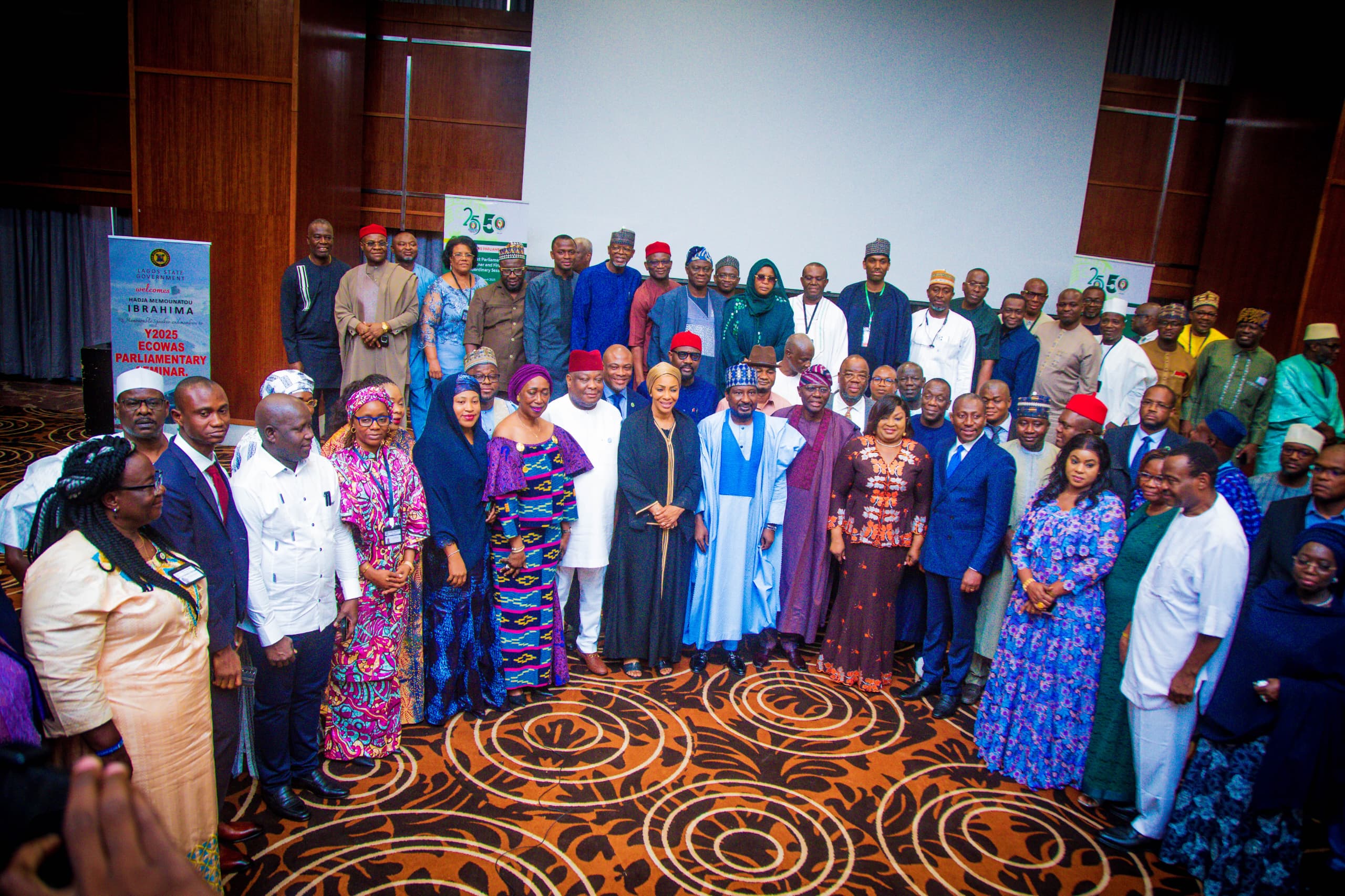NSCDC, Interior Ministry, Others Oppose Creation of Mines Rangers Service in Nigeria

By Fatima Saka
The Nigerian Security and Civil Defence Corps (NSCDC) has voiced strong opposition to the proposed bill seeking to establish the Nigerian Mines Rangers Service (NMRS).
The Corps criticized the bill as an attempt to undermine its existing mandate through indirect means.
Speaking at a public hearing in Abuja on Thursday, the Commandant-General of the NSCDC, Ahmed Audi, outlined the Corps’ position before stakeholders.
He argued that the establishment of the NMRS would undermine the current efforts to combat illegal mining in Nigeria.
Audi highlighted that the NSCDC, in partnership with the Ministry of Solid Minerals Development, has already set up a Mining Marshal. According to him, this initiative has led to significant achievements, including the arrest of over 50 individuals involved in illegal activities, among them Chinese nationals. He noted that in Kogi State alone, 34 bandit camps had been dismantled by the Marshals.
Audi further stated that the NSCDC’s efforts have brought a new level of order to the sector, with more miners now seeking licenses. He urged the Senate Committee on Solid Minerals to reject the bill, emphasizing that it would weaken the current framework for fighting illegal mining.
The NSCDC was not alone in its opposition. Other key agencies, including the Nigerian Army, the Ministry of Interior, and the Federal Ministry of Justice, also expressed their disapproval of the proposed NMRS. They argued that the NMRS would duplicate the core mandate of the NSCDC. These agencies collectively recommended that instead of establishing a new body, the government should focus on expanding the NSCDC’s personnel capacity and prioritizing funding and training.
Support for the Bill
Despite the opposition, the bill received backing from some stakeholders.
The Nigerian Customs Service (NCS), Zamfara State Ministry of Environment, the Emir of Zuru, and the National Peace and Unity Corps all expressed support for its passage.
The bill, sponsored by Senator Ogoshi Onawo, who represents Nasarawa South, continues to be a subject of debate as it moves through legislative scrutiny.





